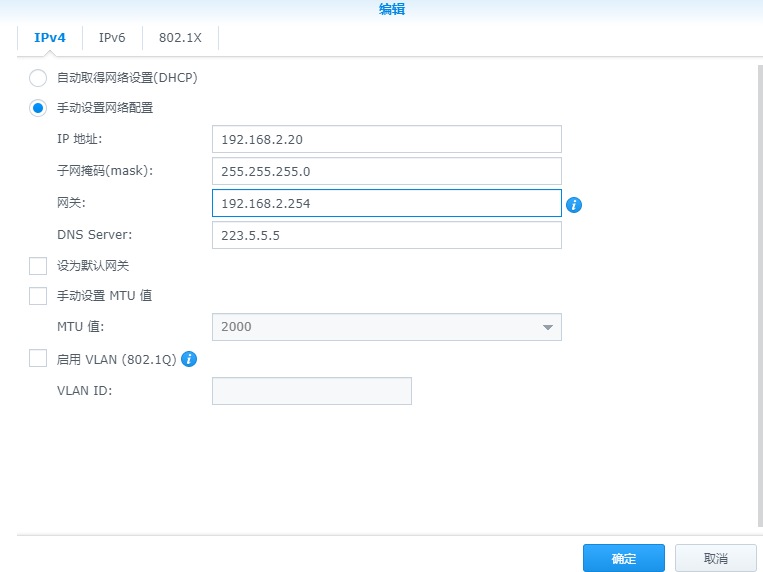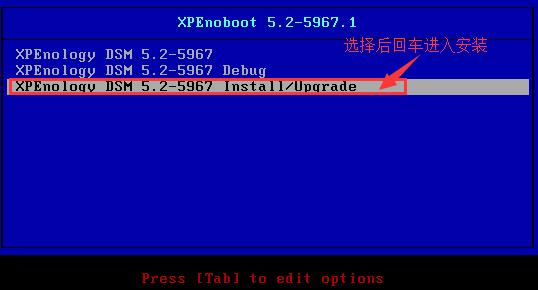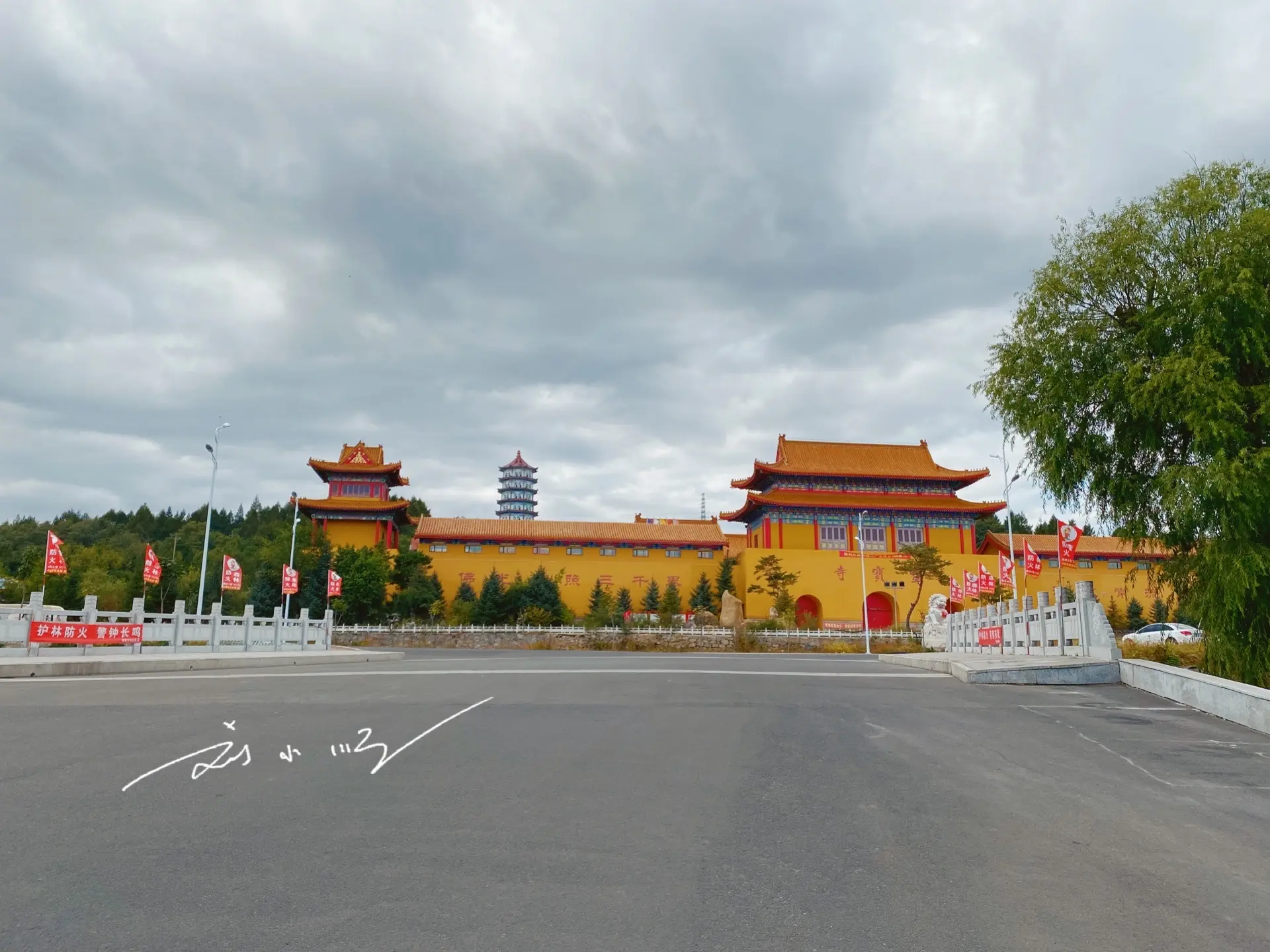dock1
1. a landing pier.
2. the space or waterway between two piers or wharves, as for receiving a ship while in port.
3. such a waterway, enclosed or open, together with the surrounding piers, wharves, etc.
5. a platform for loading and unloading trucks, railway freight cars, etc.
6. to bring (a ship or boat) into a dock; lay up in a dock.
7. to place in dry dock, as for repairs or painting.
8. to join (an orbiting space vehicle) with another spacecraft or with a space station.
9. to come or go into a dock.
10. (of two space vehicles) to join together while in orbit.
[1505–15; < Middle Dutch doc(ke)]
dock2
1. the solid or fleshy part of an animal’s tail, as distinguished from the hair.
2. the part of a tail left after cutting or clipping.
3. to cut off the end of; cut short: to dock a tail.
4. to cut short the tail of.
5. to deduct a part from (wages).
6. to deduct from the wages of, usu. as a punishment.
7. to deprive of something regularly enjoyed: The campers were docked for disobeying their counselor.
[1300–50; Middle English dok, Old English -docca, in fingirdoccana (genitive pl.) finger muscles; c. Frisian dok, Low German docke bundle, Middle High German tocke bundle, sheaf]
dock3
the place in a courtroom where a prisoner is placed during trial.
[1580–90; perhaps < Dutch dok (dial. sense) cage, pen, hutch]
dock4
any of various weedy plants of the genus Rumex, buckwheat family, having a long taproot and clusters of small flowers.
[before 1000; Middle English dokke, Old English docce; c. Middle Dutch docke, Middle High German tocke]
Random House Kernerman Webster’s College Dictionary, © 2010 K Dictionaries Ltd. Copyright 2005, 1997, 1991 by Random House, Inc. All rights reserved.
原文链接:https://www.thefreedictionary.com/dock





























